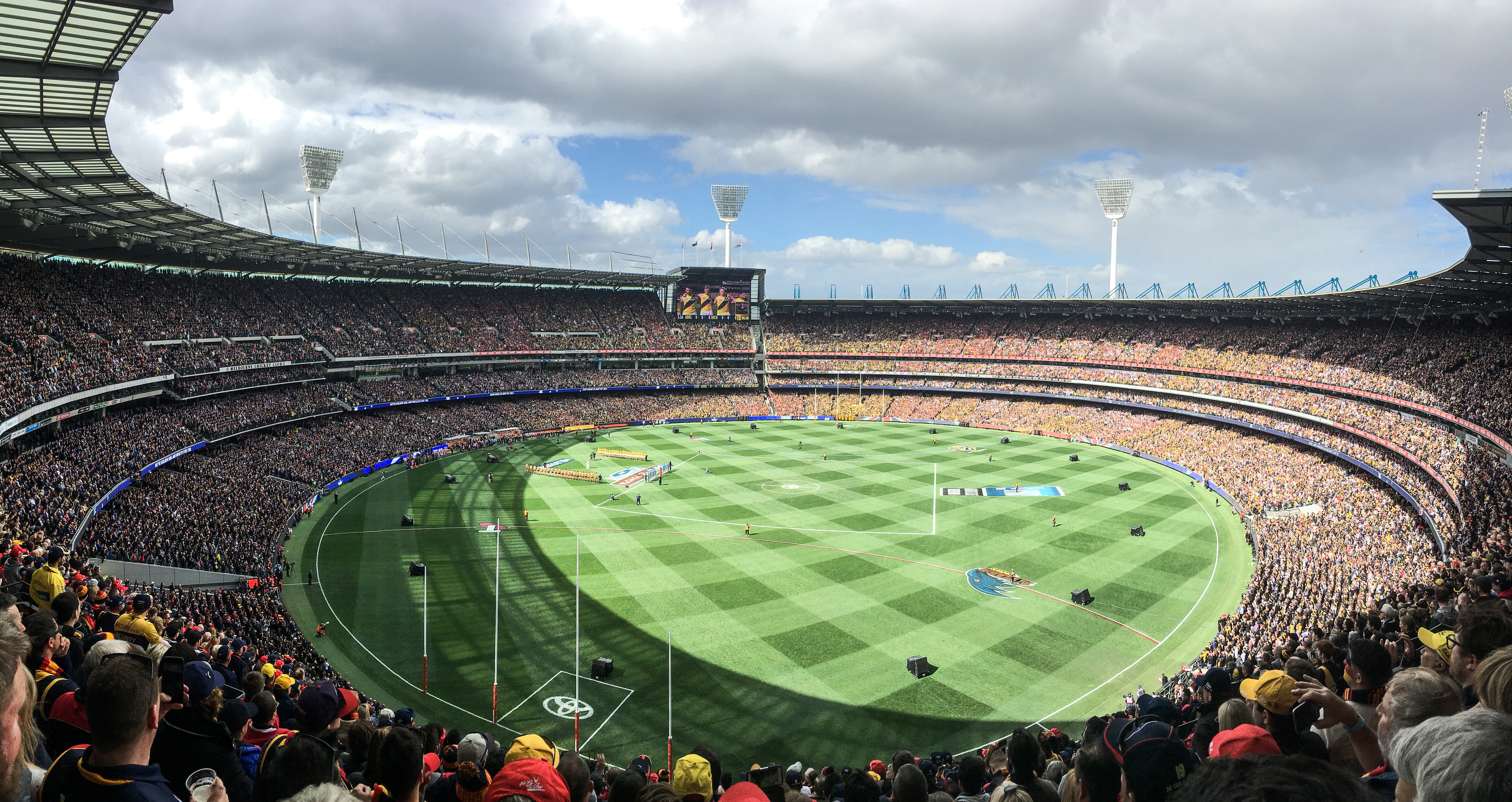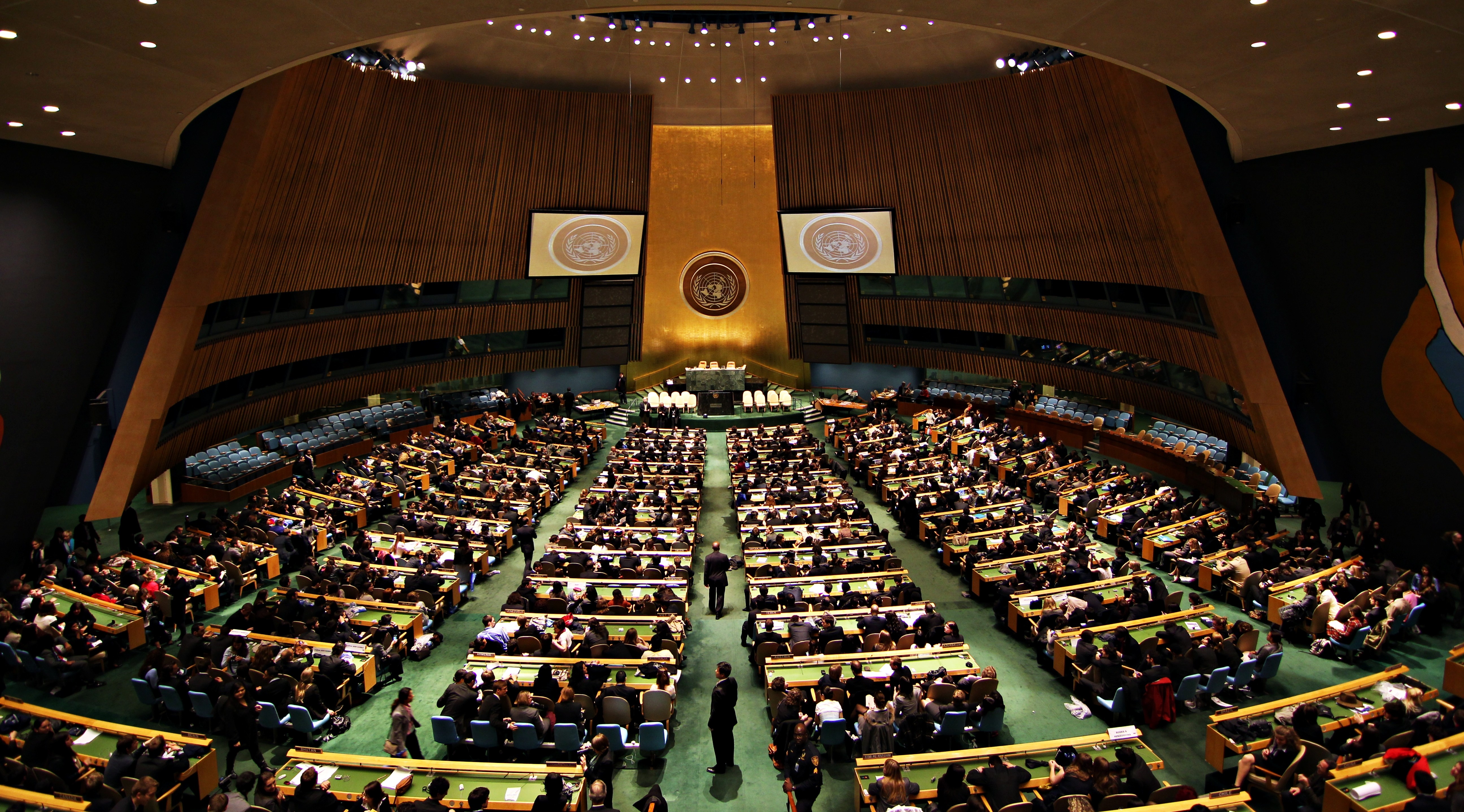Step into the Melbourne Cricket Ground on the last Saturday of September and you’ll find an atmosphere as electric and diverse as Super Bowl Sunday, with crowds from every walk of life converging to celebrate the spectacle.
From the sauce-stained shirts of meat-pie enthusiasts to necks adorned with footy paraphernalia and colourful scarfs, the perennial fascination with our largest sporting event showcases sport as the national obsession.
Yet what the roving television cameras don’t capture are the upper-level corporate boxes, packed cheek by jowl with business leaders and politicians eager to tap into the immense influence sport wields over Australians. That influence extends deep into political language, shaping metaphors such as ‘scoring points’ in heated policy debates or subtly ‘shifting the goalposts’ to divert attention from scandals.
As Papua New Guinea prepares for the introduction of a National Rugby League (NRL) team in 2028, join Nexus APAC as we examine the unique role that sport has within Australian politics and business.
Papua New Guinea in the NRL
Rugby league has long been the most popular sport in Papua New Guinea and is regarded as a national pastime. Efforts to launch an NRL team in the country date back to 2008, when
Efforts to launch an NRL team in the country date back to 2008, when Prime Minister the Hon Sir Michael Somare launched a Papua New Guinean bid. On 12 December 2024, accompanied by Chairman of the Australian Rugby League Commission Peter V’landys AM and Prime Minister the Hon Anthony Albanese MP, Prime Minister the Hon James Marape MP of Papua New Guinea announced the introduction of the 19th team in the competition based out of Port Moresby.
Mr Marape emphasised that the new team was “not only about rugby league but about anchoring the deep connection between our two countries”, underscoring how shared sporting experiences can strengthen bilateral ties at a people-to-people level.
The new Papua New Guinean NRL team will be funded through a $600 million package from the Australian Government over a ten-year period. This forms part of the NRL’s Pacific Rugby League Partnership, which supports grassroots, pathways, and elite rugby league across the Pacific.
While shared sporting pastimes are important for developing sociocultural ties between nations, their influence can also extend into the strategic. As part of this deal, the Papua New Guinean Government provided assurance that it would support the handling of security and policing arrangements by Pacific nations, including Australia. This reflects Australia’s ongoing focus on strengthening strategic alliances in the Pacific, particularly after Beijing’s major policing pact with the Solomon Islands in 2022.
If Papua New Guinea breaches this condition, Australia reserves the right to withdraw funding for the NRL team, and the NRL would be obliged to remove the Papua New Guinean team from the competition. While Papua New Guineans will soon enjoy an NRL team of their own, aspiring to premiership glory, the rationale for its creation runs deeper than sport.
South Australian Sporting Events
Similarly, the contest for hosting major sporting events in Australia has intensified, particularly among states, driven by the significant economic and tourism benefits these high-profile occasions deliver. In this area, South Australia stands at the forefront, with the administration of Premier the Hon Peter Malinauskas MP championing major sporting events such as LIV Golf Adelaide and the Australian Football League (AFL) Gather Round as pillars of its economic and cultural agenda.
LIV Golf, backed by Saudi Arabia’s Public Investment Fund, selected Adeliade as its exclusive Australian host until 2031. The South Australian Government pledged $45 million to redevelop North Adelaide Golf Course, transforming it into a world-class venue designed by former golf world number one Greg Norman. The event has already delivered over $136 million in economic benefits to the state, drawing international attention and thousands of visitors.
The AFL’s Gather Round has also become a domestic success story. The AFL’s decision to anchor the event in Adelaide until 2026 followed intense lobbying at the 2022 Grand Final, where it is said that the Premier applied a “hard tag” on AFL commission members. In 2025, the event generated $223 million in economic activity, with local hospitality venues reporting revenue spikes of up to 175%. From a South Australian Government perspective, these figures provide validation for its economic strategy of investing in sport. For Premier Malinauskas, “it’s more than just a footy round, it’s an investment attraction opportunity”, and one that has reaped enormous benefits for South Australia.
Sport, Business and Politics
Beyond the boundary lines and beneath the banners, the corporate suites hum with a different kind of energy, one where business leaders and politicians mingle, forging connections that extend far beyond the final siren. For Australia’s corporate sector, supporting sporting teams is not merely a matter of brand visibility, but a strategic avenue to engage with the nation’s political class, leveraging the cultural gravitas of sport to open doors and shape conversations.
Corporate sponsorship often serves as a powerful tool for advocacy and influence. By investing in teams and events, businesses gain additional access to policymakers, often in informal settings where relationships are built and ideas exchanged.
The visibility of a logo on a jersey or in a stadium is matched by the chance to engage in strategic conversations about infrastructure, health, and social impact. Increasingly, companies have used these platforms to champion causes, navigate ethical challenges, and even influence the national dialogue, sometimes sparking debate over the proper role of business in sport and society.
Yet, this relationship is not without its complexities. As public scrutiny intensifies, corporations must balance commercial objectives with social responsibility, navigating the reputational risks that come with high-profile partnerships. The evolving landscape of sport, both for domestic businesses and the Australian Government at the international level, offers challenge and opportunity.
For those prepared to invest, the rewards can be substantial: deeper engagement with decision-makers, enhanced brand equity, and a seat at the table (or in the box), one game at a time.
Photo credit: Flickerd
Latest posts by Nexus APAC (see all)
- Examining Medicine Shortages in Australia - February 7, 2026
- The Secretaries of Federal Departments - January 31, 2026
- Merry Christmas from the Nexus APAC Team - December 19, 2025



